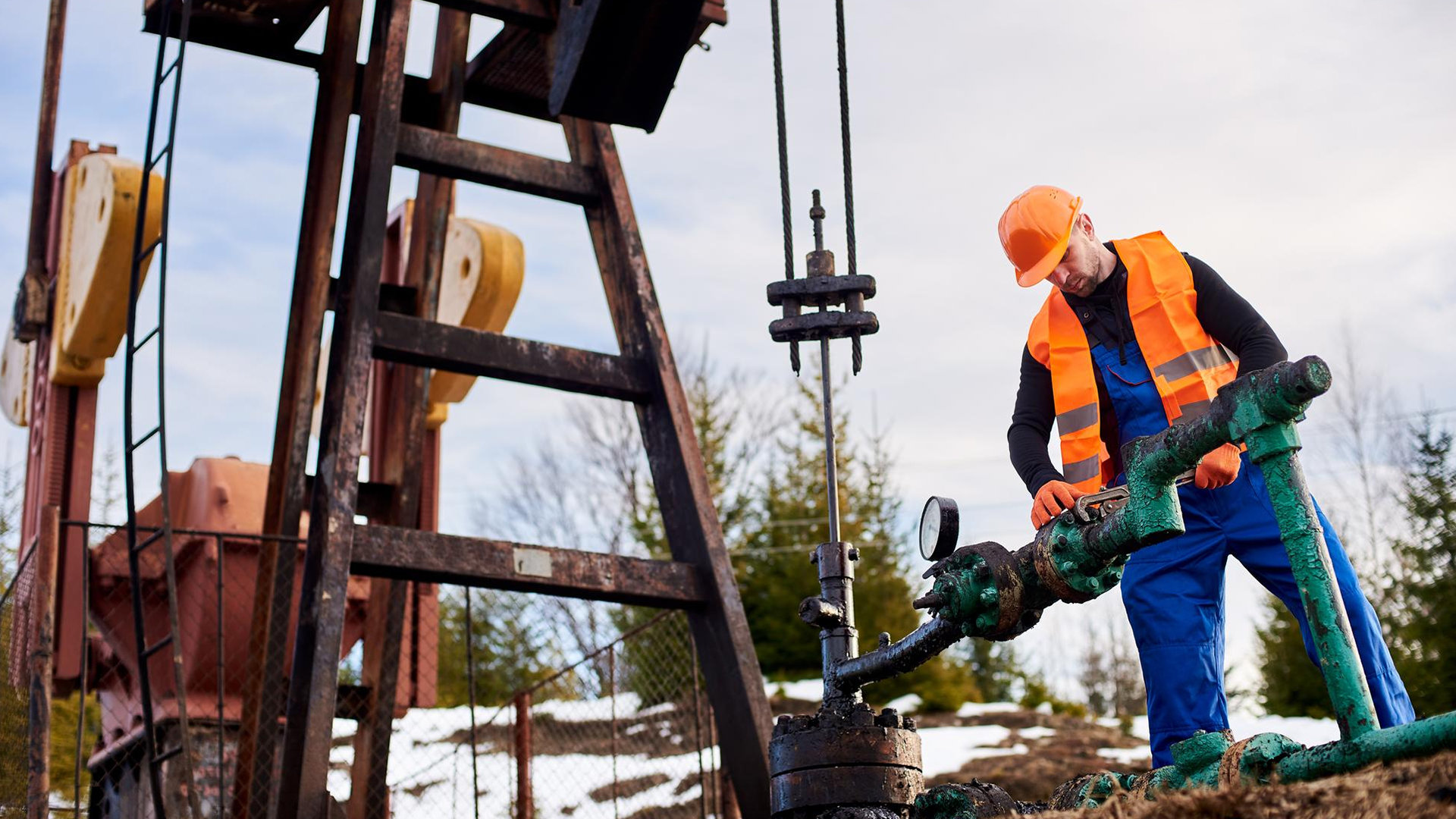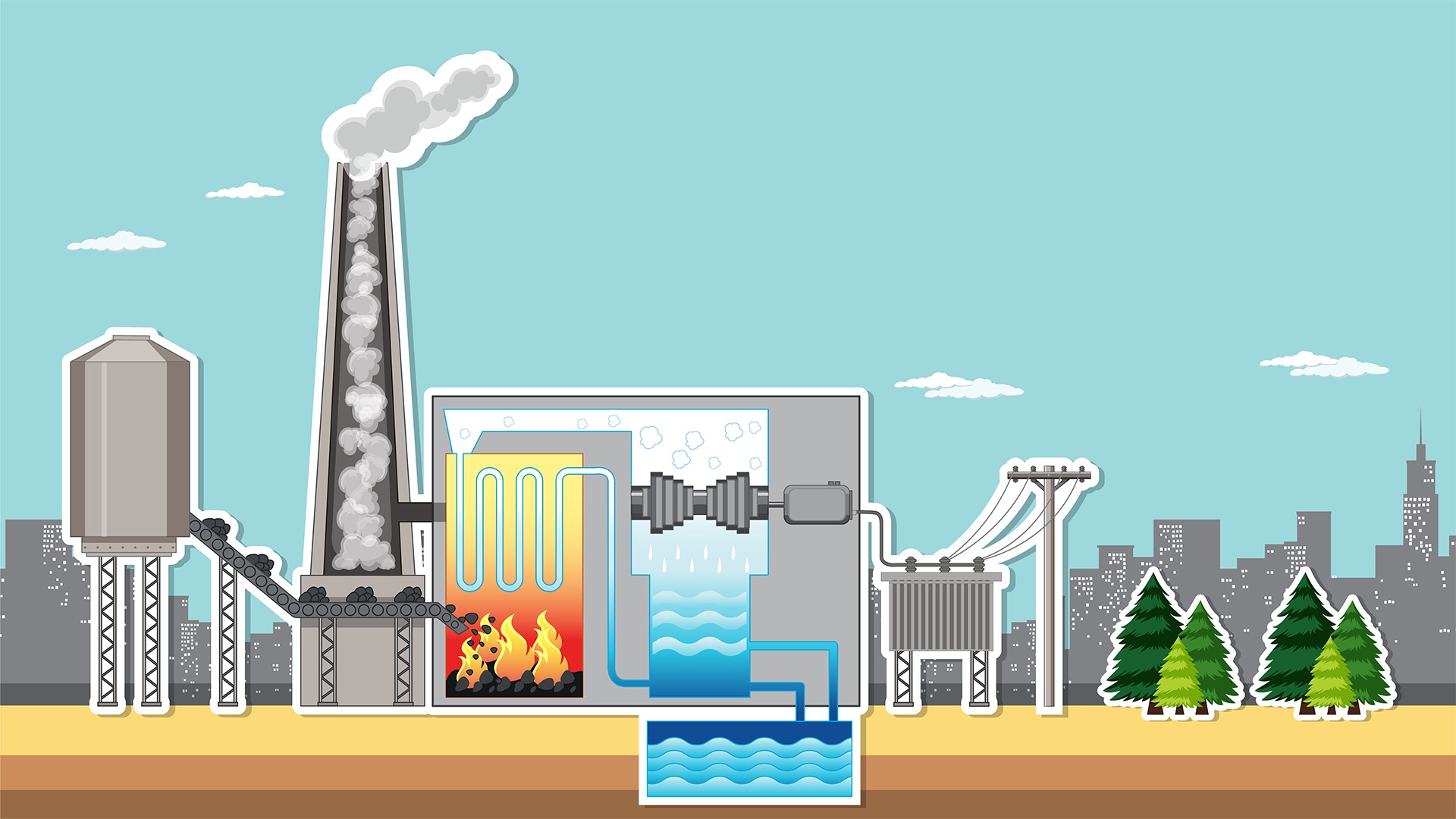
Running Olefins And Polyolefins Business For Petrochemical Industries
Course overview
This course will concentrate on the production, technology, and value chains of olefins and polyolefin and how they relate to the petrochemical industries. From raw materials to the finished product that will be sold, it will examine the processing of olefin feedstock’s, crude oil feedstocks, and the production of polymers.
What applications do olefins and polyolefin have?
For the purpose of demonstrating the capital productivity of olefins and polyolefin, this Training Bee course will examine the petrochemical sector as a whole. You will learn about the use of hydrocarbons, the cost of crude oil, and the dangers associated with the production, refinement, and commerce of olefins and polyolefin.
Where can you find polyolefin?
Participants in this Training Bee course will have a better understanding of the dynamics of the petroleum sector and how olefins and polyolefin play a role in it. It has been created to assist them in learning more about the importance of olefins and polyolefin as well as the success factors that can enhance overall financial performance and support the survival of organizations.
Introduction
Greetings and welcome to the course “Dynamics of Olefins and Polyolefin Business for Petrochemical Industries”. The petrochemical sector is a pillar of contemporary civilization because it provides the raw ingredients needed to create a wide range of goods and technologies. Olefins and polyolefin, versatile and important substances with a variety of uses, from plastics and chemicals to innovative materials employed in numerous sectors, are at the heart of this business. You will gain a thorough understanding of the commercial dynamics of olefins and polyolefin thanks to the painstaking design of this course.
Our objective as you begin this educational adventure is to arm you with the information and skills necessary to succeed in the olefins and polyolefin sector of the petrochemical industry. You will be well-equipped by the end of the course to negotiate the complexity of this dynamic and important industry, thereby promoting company success, innovation, and sustainability. Welcome to the petrochemical industry’s realm of olefins and polyolefin.
We are The Training Bee, a global training and education firm providing services in many countries. We are specialized in capacity building and talent development solutions for individuals and organizations, with our highly customized programs and training sessions.
Learning Objectives
Upon completing Dynamics of Olefins and Polyolefin Business for Petrochemical Industries, participants will be able to:
- Describe the key advantages of polyolefin and olefins to customers and other staff.
- Know the three main forms of Polyethylene inside and out.
- Apply your knowledge of the industry’s feedstocks.
- Learn everything there is to know about the explosive expansion of polypropylene.
- Recognize the versatility and resourcefulness of olefins.
- Learn the whole petrochemical value chain, from crude oil and gas to finished plastics and other vital and advanced products used to enhance quality of life.
- Confidently converse with coworkers and investors about the technical jargon, central ideas, and buzzwords of the petrochemical sector.
Our Unique Training Methodology
This interactive course comprises the following training methods:
- Journaling – This consists of setting a timer and letting your thoughts flow, unedited and unscripted recording events, ideas, and thoughts over a while, related to the topic.
- Social learning – Information and expertise exchanged amongst peers via computer-based technologies and interactive conversations including Blogging, instant messaging, and forums for debate in groups.
- Project-based learning
- Mind mapping and brainstorming – A session will be carried out between participants to uncover unique ideas, thoughts, and opinions having a quality discussion.
- Interactive sessions – The course will use informative lectures to introduce key concepts and theories related to the topic.
- Presentations – Participants will be presented with multimedia tools such as videos and graphics to enhance learning. These will be delivered engagingly and interactively.
Training Medium
This Dynamics of Olefins and Polyolefin Business for Petrochemical Industries training is designed in a way that it can be delivered face-to-face and virtually.
Course Duration
This training is versatile in its delivery. The training can be delivered as a full-fledged 40-hour training program or a 15- hours crash course covering 5 hours of content each day over 3 days
Pre-course Assessment
Before you enroll in this course all we wanted to know is your exact mindset and your way of thinking.
For that, we have designed this questionnaire attached below.
- Olefins and polyolefin are important in the petrochemical sector for what reasons? What are a few of the most important products and applications derived from them?
- Explain the differences between olefins and polyolefin in terms of their chemical makeup, characteristics, and main applications.
- Are you aware with current olefin and polyolefin market dynamics and trends? If so, kindly give some illustrations.
- Can you list and provide a brief description of the typical procedures used to produce olefins and polyolefin?
- What are some of the industries in which olefins and polyolefin are used?
- What are the main problems or challenges the olefins and polyolefin industry is facing, such as the need to protect the environment, the instability of the market, or competition from other materials?
Course Modules
This Dynamics of Olefins and Polyolefin Business for Petrochemical Industries covers the following topics for understanding the essentials of the Agile Workplace:
Module 1 – Introduction
- Shale gas and natural gas revolution
- Gas, petroleum, and petrochemicals
- Coal’s role in the overall strategy
- Uses for olefin derivatives
- Market expansion and business expenses
- Petroleum refinery
Module 2 – Crude oil supply and refinement
- Signs of the quality of crude oil
- Units and conversion factors for the oil sector
- Classifications of crude oil
- Crude oil discovery, marketing, transportation, and refining
- Characterization of crude oil by tests
- Units of industry
Module 3 – Petrochemical economics’ value chain
- Olefins: prices, demand, profits, and investment
- Prices and costs
- Origins, industry, and technology of aromatics
- Demand and supply
- Separating a refinery’s gas
- Method for manufacturing styrene
Module 4 – Supplies, tools, and procedures
- The distinction between chemicals and fuels
- Basic operations of the global gas and oil sector
- Various petrochemical raw ingredients, ranging from C1 to C50
- Many sources of feedstock for petrochemicals
- Alternative hydrocarbon values
Module 5 – Polymers
- Manufacture techniques
- Important characteristics
- Plastics
- Markets and uses for polymers
- Kinds of polymers
- Basics of polyethylene
Module 6 – Business dealing with polyolefin
- Regional commerce
- Trends in consumption
- Major figures and their biographies
- New capacity investment and the downturn in 2008
- Polyolefin in green
Module 7 – markets along the petrochemical value chain
- Global business and market
- Market analysis
- Segmenting the chemical industrial market
- Planning methods
Module 8 – Strategies and project evaluation
- Project evaluation standards
- Accuracy of capital cost estimates
- Steps for project management evaluation
- Performance benchmarks that are comparable
- The project’s capital and operating expenditures, as well as the choice of technology
- Project management and essential tasks, including factors
Post-course Assessment
Participants need to complete an assessment post-course completion so our mentors will get to know their understanding of the course. A mentor will also have interrogative conversations with participants and provide valuable feedback.
- How has your knowledge of the legal and environmental factors influencing the creation and application of olefins and polyolefin changed? What important laws should you be aware of?
- Talk about the main companies in the olefins and polyolefin industry, their positions in the market, and the tactics they use.
- Consider how the information from the course can be used in petrochemical industry-related real-world business situations.
- What did you find to be the most beneficial or enlightening elements of the course, and how do you intend to use this knowledge to your professional work in the petrochemical sector?
- What objectives do you have for the future, both short- and long-term, after this course?
Lessons Learned
Olefins and polyolefin are used in a wide variety of applications in many different sectors of the economy. Participants have discovered that these components represent the basis for a wide range of goods, from packaging materials to car parts.
Market Dynamics: It’s essential to have a thorough understanding of market dynamics, which includes supply and demand trends, pricing variables, and external market effects. Participants are prepared to make wise choices in a challenging market.
Production Methods: The importance of effective and sustainable production methods has been emphasized throughout the course. Participants have gained knowledge about a range of ideas and technology that improve environmental responsibility and production efficiency.
Environmental and Regulatory Awareness: The industry places a high priority on environmental concerns and adherence to regulations. Participants now understand the value of sustainability and the necessity of navigating complicated regulatory environments.
Challenges and Solutions: The sector faces a variety of difficulties, including the scarcity of feedstock and environmental issues. Participants have looked at several tactics and approaches to deal with these problems, putting a strong emphasis on innovation.
Competitive Environment: Participants now have a better awareness of the market positions, strategies, and differentiation tactics employed by the top companies in the olefins and polyolefin business thanks to a competitive analysis of these players.
Real-world Application: The emphasis in this course has been on real-world application. The participants are well-equipped to put their knowledge to use in actual business situations, where they can make wise judgments and help their organizations succeed.







